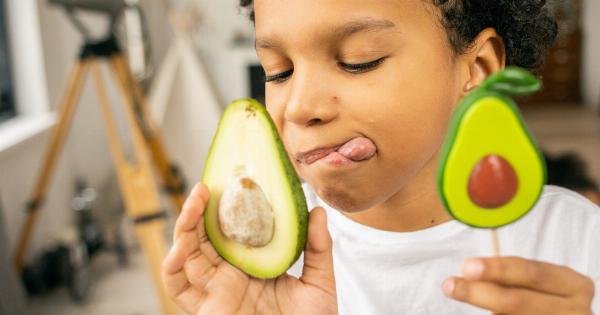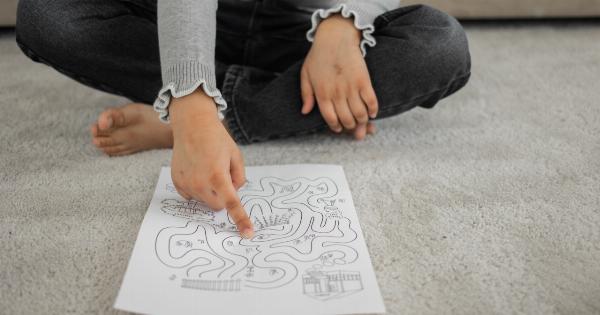As a parent, you may encounter situations where your child adamantly refuses to share their toys.
While it can be frustrating to witness your child’s possessiveness, it is essential to understand that sharing is a skill that needs to be developed over time. By offering guidance and practicing effective strategies, you can help your child learn the importance of sharing, develop positive social skills, and navigate conflicts surrounding toy sharing.
1. Set a Positive Example
Children learn by observing their parents’ behaviors. Show your child the importance of sharing by setting a positive example yourself. Be generous in sharing items with them or with others around you.
Whether it’s sharing a snack, a book, or even indulging in family game nights, your child will notice and mimic these behaviors.
2. Teach Empathy
Empathy plays a crucial role in developing sharing behaviors. Help your child understand how their actions impact others’ feelings by talking about emotions.
For example, during playtime, ask questions like “How do you think your friend feels when you share your toys with them?” Encourage your child to put themselves in others’ shoes, promoting understanding and empathy towards their playmates.
3. Normalize Ownership
It’s important to teach your child about the concept of ownership without promoting possessiveness. Help them understand that certain toys belong to them, while others belong to their peers or siblings.
Normalize the idea of sharing within the family by implementing family rules that encourage sharing and cooperation.
4. Implement Turn-Taking
Teach your child the concept of turn-taking to foster sharing habits. Explain that everyone gets a chance to play with a particular toy, and then it will be someone else’s.
This helps your child understand the value of waiting, taking turns, and the joy of having the toy again in the future. Reinforce this practice consistently to establish a routine and a sense of fairness.
5. Praise Positive Sharing Behaviors
Positive reinforcement can be highly effective in encouraging sharing behaviors. Whenever your child willingly shares their toys, make sure to acknowledge and praise their actions.
By doing so, you are reinforcing their positive behavior and encouraging them to continue sharing. Verbal affirmations like “You did a great job sharing with your friend!” can go a long way in shaping their behavior.
6. Encourage Cooperative Play
Promote cooperative play activities where sharing is a natural requirement. Engage your child in games that encourage teamwork and sharing, such as building blocks or board games.
This allows them to experience the benefits and joy of sharing while interacting with peers. Encourage them to take turns, share responsibilities, and celebrate each other’s successes.
7. Initiate Playdates and Peer Interactions
Arrange playdates or social outings with other children regularly. Interactions with peers provide opportunities for your child to practice sharing in a fun and supportive environment.
Supervise their play and intervene when necessary to help them navigate conflicts and encourage sharing. Over time, they will become more comfortable with sharing their toys and develop stronger social skills.
8. Use Role-Playing and Storytelling
Role-playing and storytelling can help your child understand the importance of sharing and its positive impact. Act out scenarios where characters display sharing behavior and discuss how it made everyone feel.
Read books that focus on sharing and discuss the lessons learned. By incorporating these activities into your child’s routine, you encourage empathy and understanding.
9. Communicate and Validate Feelings
Encourage your child to communicate their needs and feelings when it comes to sharing toys. Provide a safe space for them to express their emotions, whether it is frustration, possessiveness, or reluctance to share.
By acknowledging their feelings and validating them, you create an environment where open discussions about sharing are possible. Use these moments to assist your child in finding alternative solutions to conflicts regarding toy sharing.
10. Use Problem-Solving Techniques
Teach your child problem-solving techniques to resolve conflicts. Encourage them to find fair solutions when it comes to sharing their toys. For example, they can suggest taking turns or choosing another activity they can enjoy together.
By involving them in the decision-making process, you empower them to find their own solutions and develop important negotiation skills.
Remember, every child is unique, and learning to share may take time for some. It’s important to be patient and provide consistent guidance.
With the right approach and support, your child will gradually develop positive sharing behaviors and become more skilled in navigating conflicts surrounding toy sharing.




























